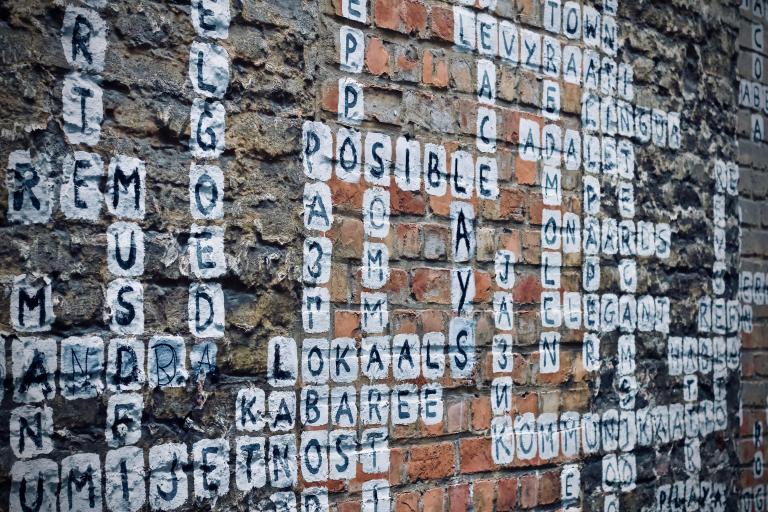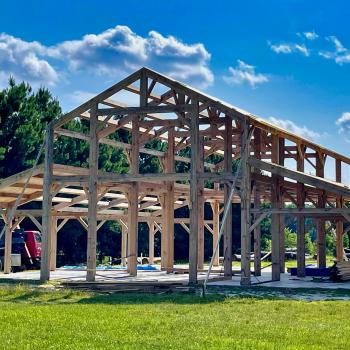There is perhaps nothing more definitive for a culture than language. A shared vernacular helps distinguish one community from another. Ethnic cultures around the world can be discerned by their languages. You can tell which generation a person is from by hearing the kinds of words and references they use.
Vernacular shapes culture. It helps determine a nuanced set of jokes and verbiage to delineate what is honorable and what is shameful. And to delineate one culture from another. This is why teenagers are always coming up with new words. They want to distinguish themselves, set themselves apart from those who came before, and establish a linguistic secret society wherein you are “in” if you understand what certain words mean and use them properly.

Why Language Matters
Language is important because it is our primary method of communication. It is the way we share ideas. It is easy to say that words are just words and that each generation simply invents new ones just to be different.
But that isn’t the case. The word “lit”, for example, is a modern term for “cool” or (what my generation called) “awesome”. Before that, it was “groovy”. But these words aren’t popularized in a vacuum.
The word lit certainly feels industrious, doesn’t it? In a society where teens are addicted to phones, doesn’t this conjure the blue glow of a screen? Is that a coincidence? I don’t think it is. I think that groovy has a certain musical undertone (not to mention a suggestion of altered-state) that helps communicate what was valued in the 1970’s. “Cool” has a connotation of laid backed, relaxed, while “awesome” has the punch of extreme and adventure.
The words we use say something about who are. They aren’t just lines in the sand. They are meaningful altars that communicate the values of the day. Although there were probably eleven kids in your junior high that claimed they were the first to use the word “awesome”, the truth is we almost never know where these words come from. Their origin stories are always vague or non-existent. This is because we adopt the words that make the most sense and communicate the most value. Wherever they start from, words that become vernacular only do so because we sense some inherent value in them. Therefore, we prop them up and pass them along. We accept the words as subconsciously as we accept the ideas.
Shared Understanding

Shared language is really indicative of a shared understanding of what is valuable within any given culture. The words we use are powerful and set up parameters for what is honorable. Not just in action but in thought and in speech.
Of course, it is more complicated than a direct corollary. A family who refuses to talk about sex in any way shape or form is communicating that sex is shameful. Individuals in that family may chose to rebel against this idea or explore it for the sheer fascination of its taboo. Although parents may feel that talking about sex normalizes it to a dangerous degree, trying to repress it accomplishes the same thing. Talking about sex in a responsible way helps set a culture for honesty, openness, and pursuing truth.
Our language is a window to our culture. The way we talk (and what we talk about) communicates value, establishes norms, and defines shame. Whoever said “sticks and stones can break my bones but words can never hurt me” was certainly wrong. Words are powerful. Whoever coined the phrase clearly was in a culture that valued physical well-being over emotions. And this is a saying we don’t hear as often because it is less and less indicative of our culture. Being aware of our vernacular and what it communicates is a necessary part of understanding culture.












